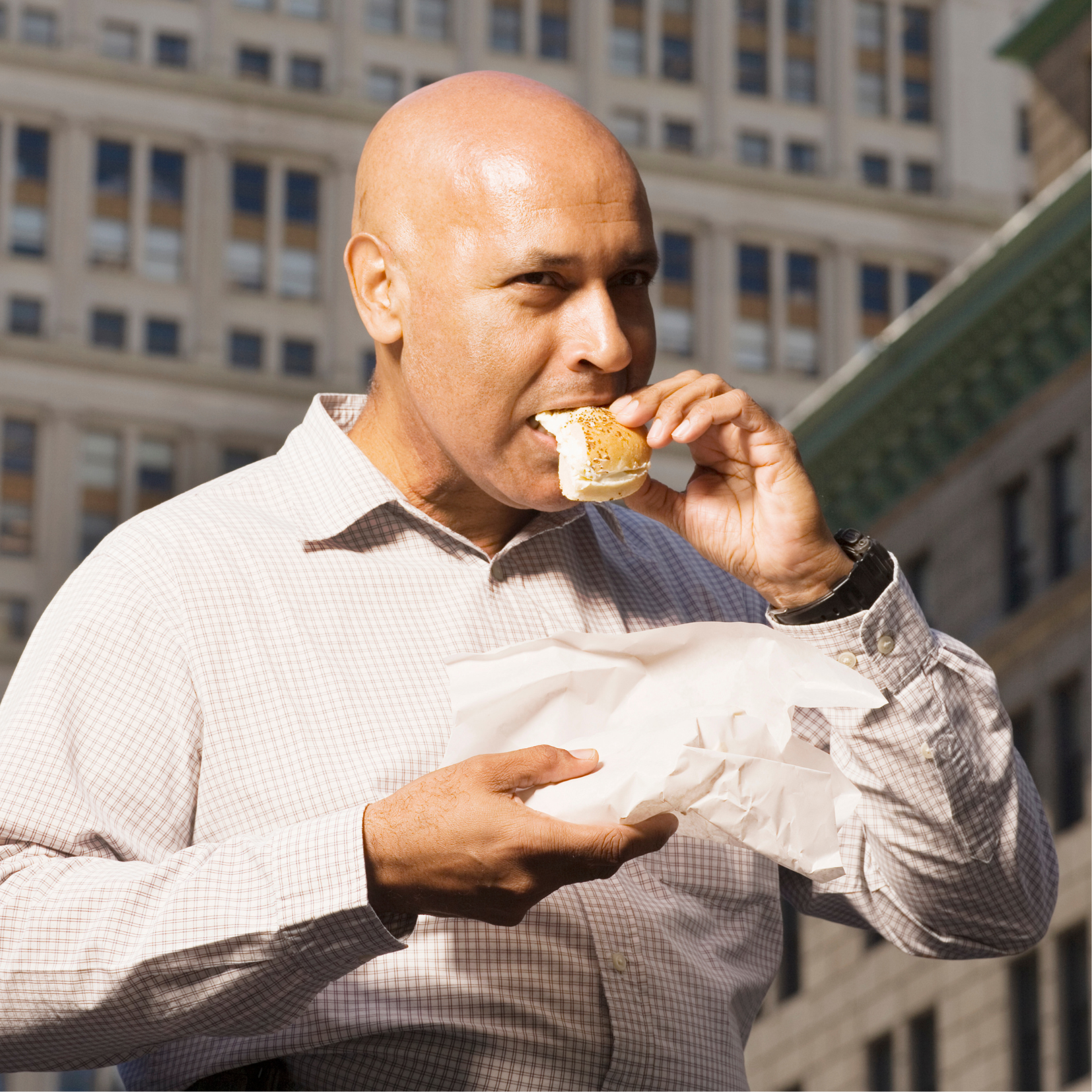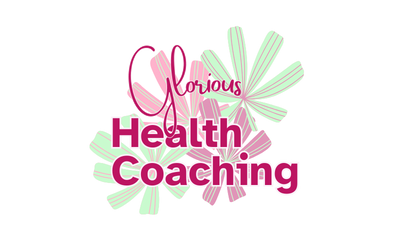Food Rituals
We enjoy the ritual of eating with friends and family. And when we eat alone, we can be awash in memories complete with replays of bits of old conversations.
Jewish tradition considers a meal as any repast in which bread is consumed, so they begin a meal with the blessing over bread and then the sharing of bread together. The blessing below is widely known to most Jews, "who have heard it since childhood and who may even have memorized it just by having said it so often".
Translation: Blessed are You, Lord our God, King of the universe, who has brought forth bread from the earth.
But even blessed bread can create a problem. Modern wheat is a hybrid plant that produces difficult demands on our metabolism. Keep reading and I'll explain and offer ways to avoid a carbohydrate spike from your bread and, by enjoying it more, you will extract more nutrition from it.
Deepen your nourishment
To make food nourish you better, it is important to cultivate a relationship with your vagus nerve. One way to do that-- remove the high-wire stimulus of electronic devices while you eat. This simple act will help relax your digestive system and in turn the messages sent to your brain through the vagus nerve and further allow the digestive processes to proceed as intended. If you’re eating a quick sandwich while standing at a lunch counter and thinking about the work awaiting you back at the office or if you are simply checking your phone obsessively, at least take it outside and notice the clouds overhead. Look at distant views. Taste the depth of the food while you reset your vagus nerve and, in turn, your mind and spirit.


Enjoy
In these blogs, I give information about food, but now let’s turn our attention to enjoying our food, especially the problem child - bread.
The carbohydrates in the bread can add up and make us insensitive to our insulin so our bodies have to increase the level of insulin manufactured after a meal. Eventually the body cannot produce enough to handle the carbohydrate (sugar) load and the person is diagnosed as diabetic and must inject insulin. The amount of stimulation food makes on insulin is called the glycemic index. A low glycemic index is desirable because insulin will simple perform its job in an organized and well paced manner. A high glycemic index means the body will receive a huge amount of glucose that the insulin hormone must respond to. Just like with us when we are given an enormous task and a limited time to do it, things don't work out so well.
Bread is high in carbohydrates. Does eating bread mean we will have a high glycemic crises? Not necessarily.
Here are 3 ways to avoid a carbohydrate spike from your bread.
3 Tips

Freeze it. Research has given us this simple step to resets the carb structure, so it is vastly reduces the insulin reaction. Better yet, toasting bread that was previously frozen showed measurable improvement in the same study.

Eat sourdough bread that was fermented for three days (refrigerated). Elongating the fermentation stage allows the sourdough starter to consume many of the carbs in the flour.
This may appeal to you enough to turn you into a bread baker.

Eat or make bread with einkorn flour. It is an ancient wheat that is more digestible since the gluten load is reduced in this ancient strain of wheat. It tastes great, too. Here's the best video to clarify the hybrid wheat story.
Although these tricks do not remove the damaging gluten, they do address the serious condition of insulin insensitivity. Enjoy it but don’t go wild. Remember bread is not a major food group.
Bonus Tips!
Bonus tip #1: Sprouted wheat berries add sweetness, chewiness, and reduce the carbohydrate load (=fewer carbs). "This germinating process breaks down some of the starch, which makes the percentage of nutrients higher. It also breaks down phytate, a form of phytic acid that normally would decrease absorption of vitamins and minerals in the body. So sprouted grains have more available nutrients than mature grains,"
Bonus tip #2: For best results, stack up the protection by keeping sprouted wheat bread in your freezer and toasting a slice as needed (freezing, toasting, sprouted).
I hope this helps you to maintain healthy metabolism on your way to glorious health.


